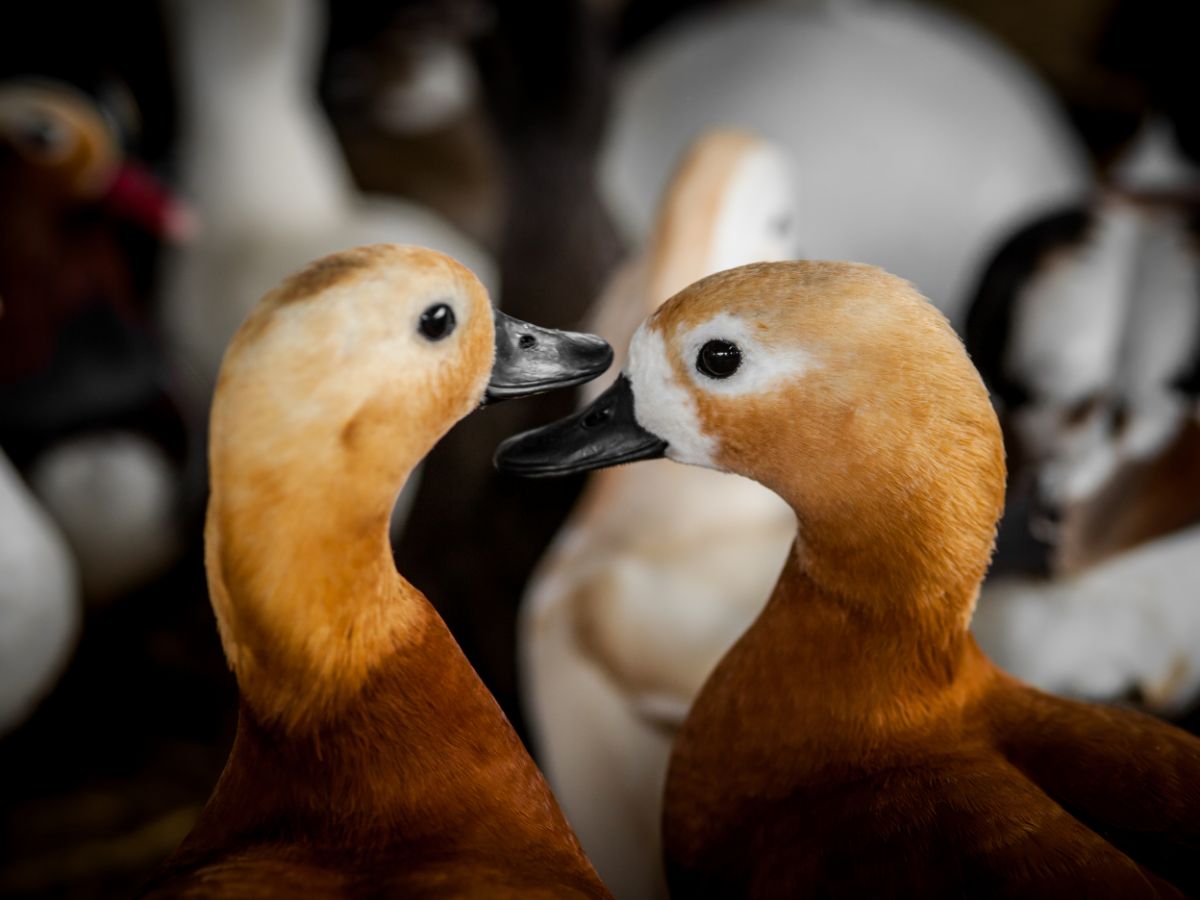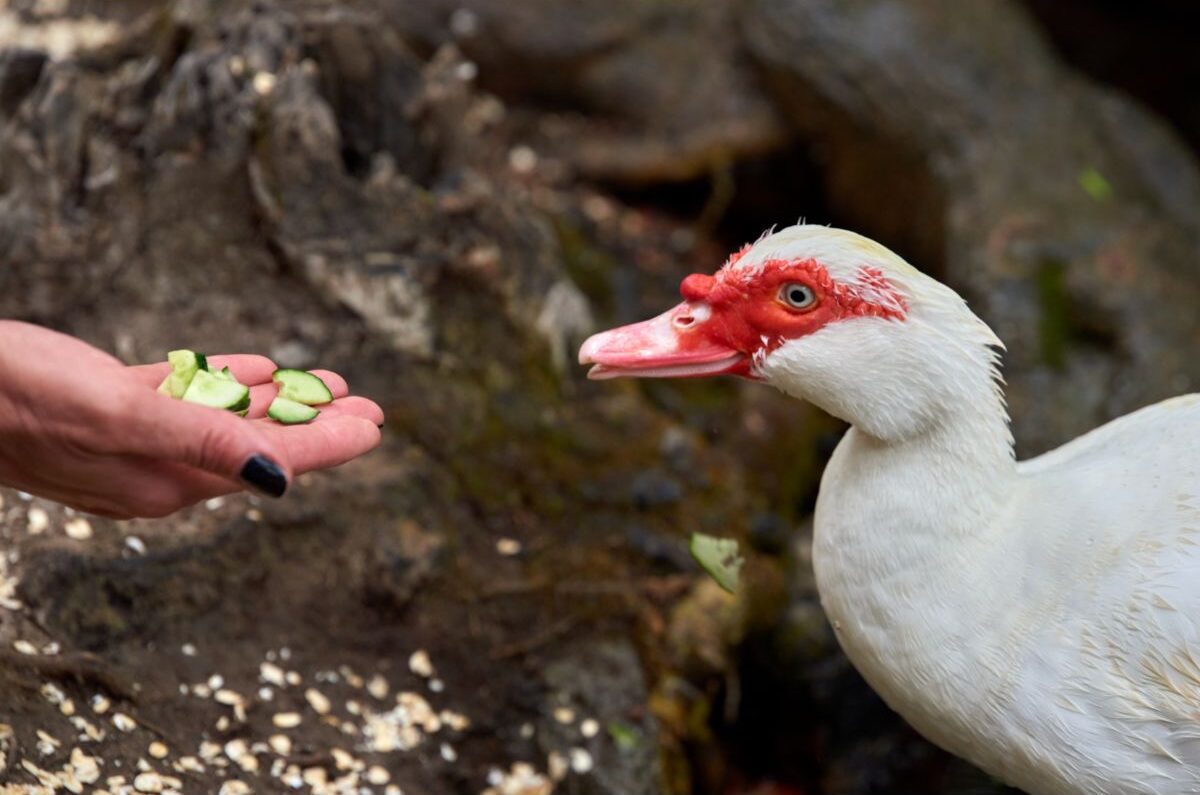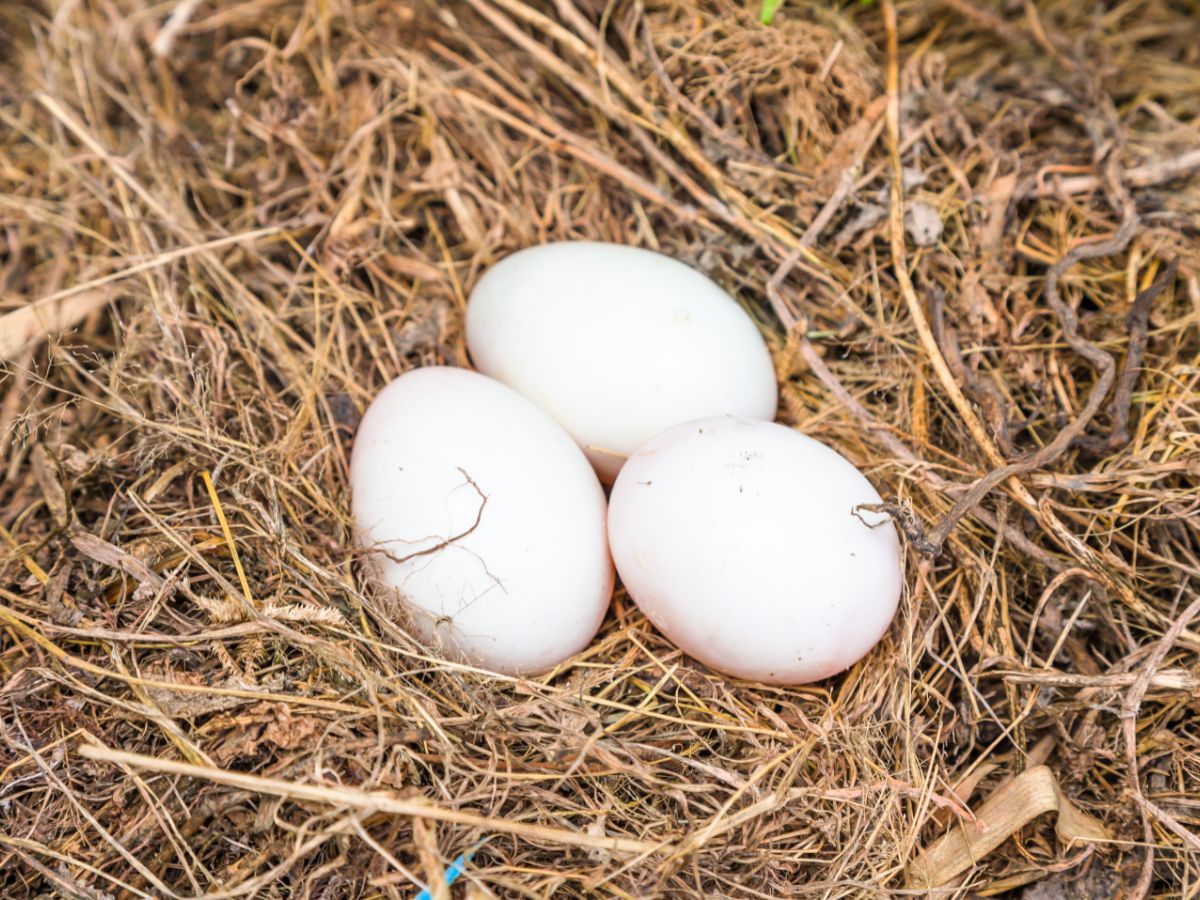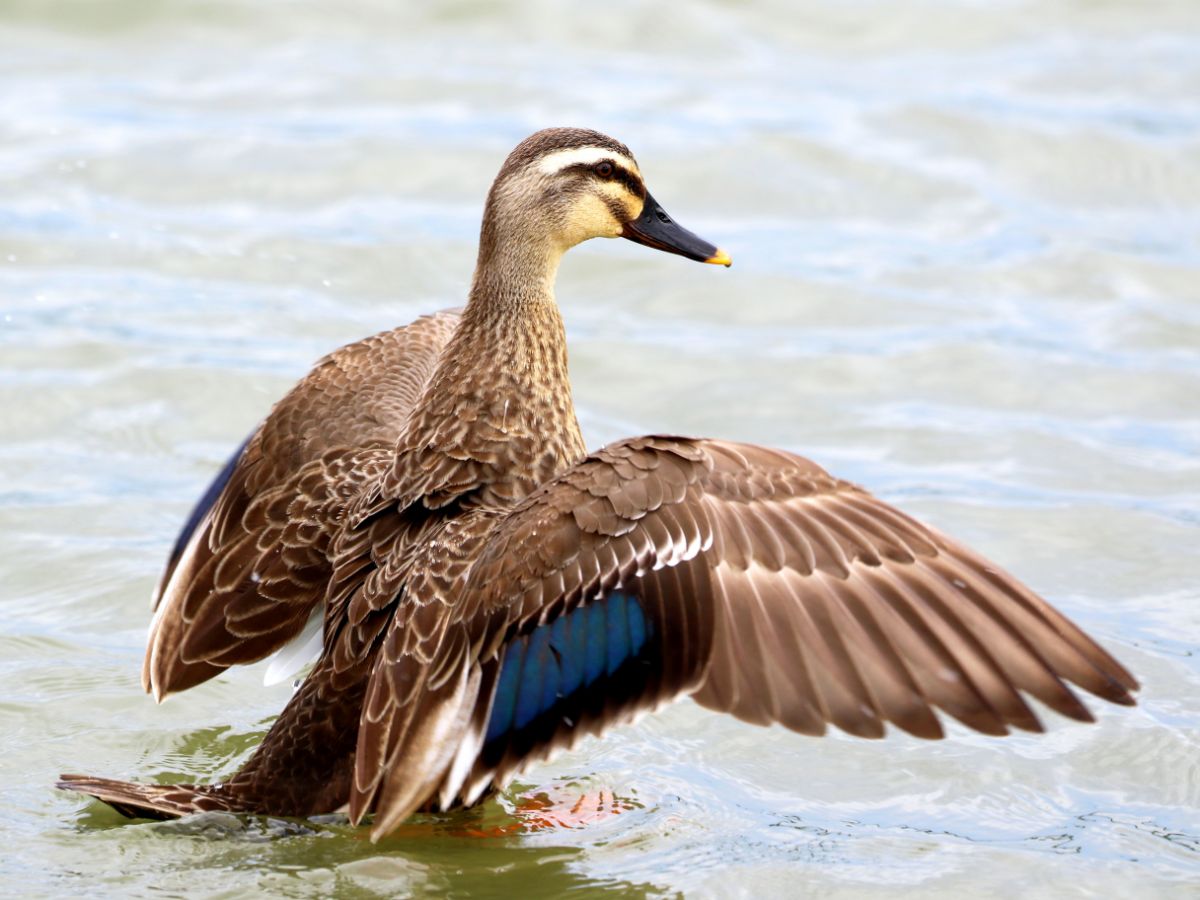Each animal has their unique set of characteristics and behavior, and when it comes to ducks, they have numerous ways to express themselves. Learning how to interpret both their behavior and the sounds they make will provide insight into how they feel, what they need, and if they are in danger. How can you understand duck behavior?
If you take notes of ducks’ walking habits, sleeping habits, head tilting, tail wagging, and quacking pitch, you will get a better understanding of their behavior. Ducks have ways of flirting and looking for predators, which is crucial to understand. It could be difficult to understand duck behavior.
Ducks are entertaining little creatures, and each has its own definite personality and flock behavior. Continue reading with us to find out how you can understand your duck’s behavior!
Contents
Understanding Different Aspects Of Duck Behavior
Both meat duck and domestic breeds will have instincts, therefore sharing the same basic characteristics. Whether you hatch your own ducks or purchase them from a store, you can expect these behaviors below, which are essential to interpret correctly. Let’s take a look:
Understanding Duck Walking Behaviors
Did you know that the placement of a duck in a group has a huge role in their behavior? This behavior is shared amongst all duck breeds, both domesticated and wild.
When a duck is at the front of the row, it is seen as the leading duck, and its job includes keeping an eye on the front for predators, while the following ducks will continuously scan the area from side to side. This is often to be on the lookout for predators or food.
Sleeping With One Eye Open
You have probably noticed that at the end of the day, all your ducks will tuck their heads beneath their wings, sleeping with one eye open. A duck’s brain is split into two halves, with each half having control over a single eye!
While one half of your duck’s brain can enjoy a night of deep sleep, the other half of the brain will keep an eye open, usually to be on high alert for predators and danger.
However, ducks living in a large flock or domesticated backyard ducks may rest both parts of their brain simultaneously, while one or two ducks will be tasked to look for predators.
Understanding The Meaning Of Head Tilting
It could all be up to the situation when it comes to ducks tilting their heads. When a duck tilts its head, it could be getting ready to attack and protect itself, but this will not always be the case when it comes to domesticated ducks.
When a duck tilts its head, its eyes will typically remain in a fixed position in its eye socket, which is another fantastic way to quickly scan its area in many directions, usually in search of food or danger.
Signature Tail Wagging
When ducks are done swimming or bathing themselves, they will shake their tail weathers. This is not only a crucial part of their drying-off routine, but they also shake their tails when they are excited!
Duck tail wagging is a clear sign that your ducks are excited when they see you, and they may even hope for a snack!
Quacking Ducks
When you hear your ducks quacking, it could be a good or a bad sign. In the wild, ducks will use their quacking pitch to alert the rest of their flock of danger, with the others joining in.
However, when it comes to domesticated ducks, you may notice that they bob their heads up and down while repeatedly quacking in a high-pitched tone.
This typically happens after filling their pond with fresh water or during feeding time. This behavior could continue for as long as 15 minutes, which is a clear indication that your ducks like you and realize your role is to keep them safe and look after them!
Understanding Bubble-Blowing Behavior
When you see this type of behavior for the first time, it may leave you confused and laughing. While you may see this as unnecessary and quirky behavior, it’s more common than you think!
Ducks will dip their heads down into the water, forcing their breath out, blowing bubbles in the water. This is a duck’s way to clean mud, dirt, and extra feed that may be stuck in their noses!
Duck Flirting And Mating Behavior
Ducks are flirty animals, and if you have a mixed flock, you may have noticed these behaviors without taking any note of them! Drakes will elevate themselves from the water, shaking their heads and tails.
Some drakes will even nip at a female or flick water towards her. They will also swim in their pond with their next stretch to get the attention of a female they see as a potential mate.
Both females and males will bob their heads upwards and downwards at each other to flirt. Females will also flatten their bodies on the surface of the water, imitating a mating pose around males they are interested in. Drakes then often respond by raising their wings and tail with a loud whistle to show off their blue intensely colored wing feathers.
Shiny Feathers – Ducks Preening Behavior
After ducks exit their pond, they will instinctively begin to preen their feathers with their beaks for a few minutes. This could last up to twenty minutes. Through preening, ducks will redistribute their natural oils all over their bodies.
These natural oils are produced in the Uropygial gland, also called preen gland of ducks and provide ducks with a waterproof sheen all over them. These oils allow ducks to dry off very quickly, which is one of the reasons why you will see your ducks swimming, even in the coldest winter months!
Conclusion
Understanding why your ducks behave the way they do will help you to indicate the differences between scared and happy ducks. So, the next time you see your ducks behaving strangely, pull out this guide and determine why your feather friends are quacking, blowing bubbles, preening, or happily wagging their tails!
If you want to know which duck breeds are best for beginners and how they differ, you can read this article.




